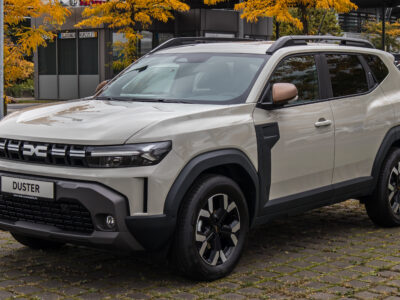
Renault Captur Injection System Fault — Complete Troubleshooting Guide
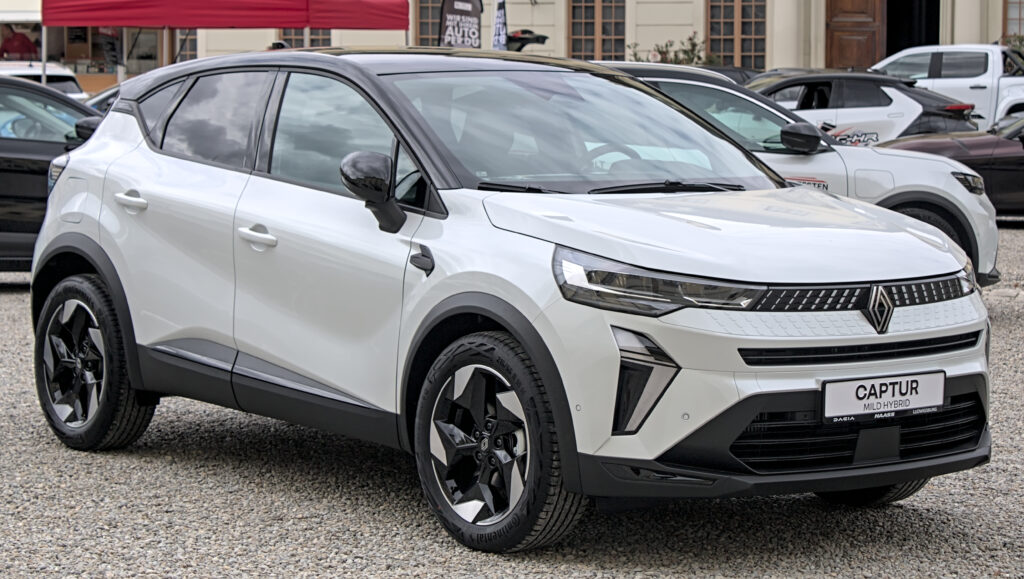
- Understanding the Injection System Fault in the Renault Captur
- What the Injection System Actually Does
- Common Symptoms of a Renault Captur Injection System Fault
- Main Causes Behind the Injection System Fault
- Diagnosing the Injection System Fault — Step by Step
- How to Fix the Renault Captur Injection System Fault
- Cost of Fixing the Injection System Fault
- Preventing Injection System Faults in the Renault Captur
- Driving With the Injection Light On — Is It Safe?
- Injection Issues in Petrol vs Diesel Renault Captur Engines
- Real-World Scenarios We’ve Seen
- Final Thoughts — Keeping Your Renault Captur Running Smoothly
- FAQs
Understanding the Injection System Fault in the Renault Captur
Few dashboard warnings grab our attention like the dreaded Injection System Fault message in the Renault Captur. It feels like the car suddenly wants to have a serious conversation with us — one where we’re not quite ready to meet its gaze. We’ve all been there: cruising along smoothly, then boom — a warning appears, the engine feels hesitant, and our heart drops a little.
So, what’s really going on? At its core, this fault points to a problem in the fuel injection system — the network responsible for delivering the perfect mix of air and fuel to keep the engine running cleanly, efficiently, and quietly. When that balance falls apart, the Captur quickly lets us know.
In this guide, we’ll break it all down with clarity, warmth, and the sort of insight only real-world experiences can offer.
What the Injection System Actually Does
The Heart of Combustion
Imagine the engine as a bustling kitchen. The fuel injectors work like expert chefs, measuring ingredients with obsessive precision. Too much fuel? The mixture becomes too rich. Too little? It runs lean. Either way, performance dips, emissions rise, and internal wear accelerates.
Where the Renault Captur Can Falter
The Captur relies on electronically controlled injectors, fuel pumps, pressure sensors, and ECUs. A glitch in any link of this chain triggers a warning and invites investigation.
Common Symptoms of a Renault Captur Injection System Fault
Engine Hesitation
You press the accelerator and the Captur thinks about it… then hesitates. It's like trying to jog with untied shoelaces.
Rough Idling
The car idles like it has developed a nervous twitch — trembling, uneven, unpredictable.
Loss of Power
Suddenly overtaking feels like a challenging Olympic sport.
Increased Fuel Consumption
Bad injection = bad efficiency. Simple math… but annoying.
Exhaust Smoke
Black smoke? Too much fuel. White smoke? Unburned fuel. Grey smoke? A blend of sorrow and mechanical mystery.
Main Causes Behind the Injection System Fault
Faulty Fuel Injectors
Injectors can clog, leak, or misfire — especially when fed with low-quality fuel or after high-mileage use.
Fuel Pump Issues
If the pump isn’t delivering pressure, the injectors become helpless passengers.
Airflow Meter Problems
Bad airflow data = bad fuel mixture. It’s like cooking blindfolded with no recipe.
Wiring or ECU Glitches
Modern vehicles love being dramatic. A single loose wire can send the dashboard into chaos.
Low-Quality Fuel
Dirty fuel, water contamination, or leftover debris from storage tanks all sabotage performance.
Diagnosing the Injection System Fault — Step by Step
Step 1 — Scan for OBD-II Codes
Common Captur codes include:
- P0201–P0204: Injector cylinder faults
- P0087: Fuel rail/system pressure too low
- P0171: System too lean
- P0301–P0304: Misfire-related codes
These codes offer direct clues — like breadcrumbs on a dark forest path.
You may be interested in reading Renault Captur Juddering When Pulling Away: The Complete, Human-Written Guide You Truly Need
Renault Captur Juddering When Pulling Away: The Complete, Human-Written Guide You Truly NeedStep 2 — Check Fuel Pressure
Low pressure often implicates:
- A weakening fuel pump
- A clogged fuel filter
- Leaks in the lines
Step 3 — Inspect Injectors
Look for:
- Clogged tips
- Cracked housings
- Electrical fluctuations
Injectors often tell their own story if we listen closely.
Step 4 — Test Sensors
A malfunctioning MAF, MAP, or lambda sensor can mimic injection issues.
Step 5 — Check Wiring and Grounds
A loose connector or corroded wire can trigger multiple warning lights. Wiring faults are sneaky — like plot twists in a thriller.
How to Fix the Renault Captur Injection System Fault
Cleaning the Injectors
Professional ultrasonic cleaning can restore clogged injectors — it’s like a spa day for stressed components.
Replacing Faulty Injectors
Sometimes we must accept that an injector has lived a full life and deserves retirement.
Fuel Pump Replacement
A failing pump must be swapped to restore proper pressure.
Sensor Replacement
MAF, MAP, temperature, and oxygen sensors commonly fail and then mislead the ECU.
Updating the ECU
Renault occasionally releases software updates that refine fuel control algorithms.
Fuel System Additives
While not a miracle cure, quality additives can dissolve deposits and improve performance.
Cost of Fixing the Injection System Fault
Injector Cleaning
- £60–£120 per injector
Injector Replacement
- £150–£350 per injector
- Labour: £100–£200
Fuel Pump Replacement
- £250–£450 for parts
- £100–£180 labour
Sensor Replacements
MAF: £90–£150
MAP: £40–£80
O2 sensor: £90–£200
ECU Update
Usually free at dealerships if part of a service campaign.
Preventing Injection System Faults in the Renault Captur
Use Quality Fuel
Your Captur thrives on clean, reputable fuel sources — think premium coffee for engines.
Regular Filter Replacement
A clean fuel filter is the injection system’s first line of defence.
Routine Injector Cleaning
Preventive cleaning extends injector lifespan dramatically.
Avoid Running Low on Fuel
The pump sucks debris from the tank’s bottom when levels drop too low.
You may be interested in reading Renault Captur Juddering When Pulling Away: The Complete, Human-Written Guide You Truly Need
Renault Captur Juddering When Pulling Away: The Complete, Human-Written Guide You Truly Need Kia Picanto Issues: The Complete, Expert-Led Guide to Common Problems, Symptoms & Fixes
Kia Picanto Issues: The Complete, Expert-Led Guide to Common Problems, Symptoms & FixesECU Health Checks
Occasional diagnostics avoid bigger surprises down the road.
Driving With the Injection Light On — Is It Safe?
Short answer: you shouldn’t.
Long answer: technically, the car may still move, but you're:
- Risking further damage
- Burning excessive fuel
- Increasing emissions
- Possibly stressing the catalytic converter
Think of it as walking with a bruised ankle — possible, but not wise.
Injection Issues in Petrol vs Diesel Renault Captur Engines
Petrol Engines
More prone to:
- Sensor malfunctions
- Coils and spark plug misfires that mimic injector faults
Diesel Engines
More prone to:
- Injector wear
- High-pressure pump failures
- DPF-related fuel miscalculations
Diesel systems operate under massive pressures — faults escalate faster.
Real-World Scenarios We’ve Seen
Scenario 1 — The Hesitant Commuter
A Captur that jerked at low speeds turned out to have a single clogged injector. Cleaning solved it instantly.
Scenario 2 — The Smoky Surprise
Grey exhaust smoke led to uncovering a failing high-pressure pump.
Scenario 3 — The False Alarm
A Captur showed the injection warning due to a damaged MAF sensor cable — a £10 fix.
Scenario 4 — Post-Fuel-Upset
A driver filled up at a less-than-reputable station. Water contamination caused injector misfires.
These stories remind us how varied and surprising injection issues can be.
Final Thoughts — Keeping Your Renault Captur Running Smoothly
The Injection System Fault warning may feel intimidating, but with the right approach, we can tackle it confidently. Whether the issue is a temperamental sensor, a clogged injector, or worn fuel pump, the Captur always gives us clues — and now you know exactly how to follow them.
Stay attentive, fuel wisely, keep maintenance consistent, and your Captur will reward you with thousands of miles of smooth, spirited driving.
FAQs
1. Can I drive with an injection system fault in my Renault Captur?
It’s possible but unsafe. You risk damage to the engine, catalytic converter, and fuel system.
2. How much does it cost to fix this fault?
Depending on the culprit, expect between £100 and £800.
3. What causes injector clogging?
Common causes include low-quality fuel, short trips, and carbon buildup.
4. Can bad spark plugs cause injection fault warnings?
Yes. Misfires can trick the ECU into thinking an injector malfunctioned.
You may be interested in reading Renault Captur Juddering When Pulling Away: The Complete, Human-Written Guide You Truly Need
Renault Captur Juddering When Pulling Away: The Complete, Human-Written Guide You Truly Need Kia Picanto Issues: The Complete, Expert-Led Guide to Common Problems, Symptoms & Fixes
Kia Picanto Issues: The Complete, Expert-Led Guide to Common Problems, Symptoms & Fixes Why Your Kia Picanto Won’t Start or Suddenly Shuts Off: Complete Expert Diagnostic Guide
Why Your Kia Picanto Won’t Start or Suddenly Shuts Off: Complete Expert Diagnostic Guide5. Does the injection fault affect fuel economy?
Absolutely — a malfunctioning injection system can dramatically increase fuel consumption.
If you want to know other articles similar to Renault Captur Injection System Fault — Complete Troubleshooting Guide you can visit the category Common Problems.
Leave a Reply

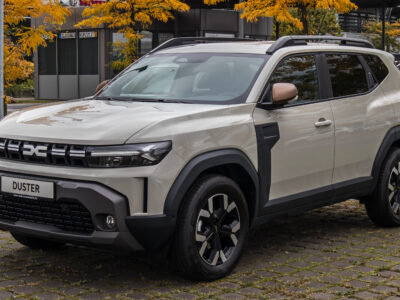
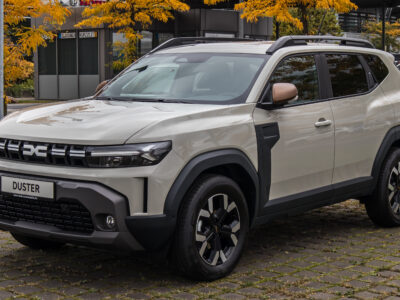
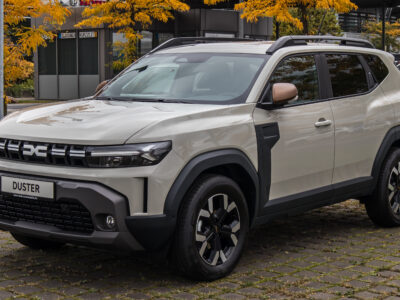
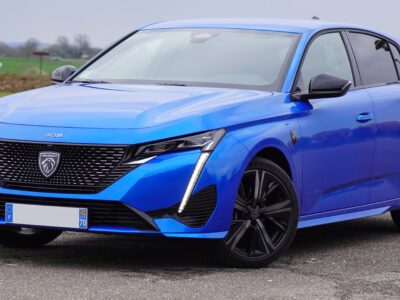
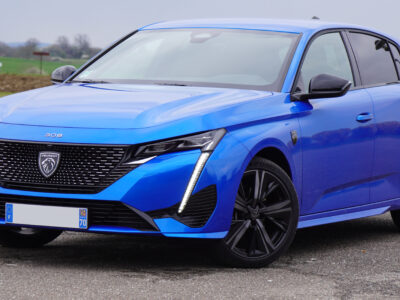
More content of your interest